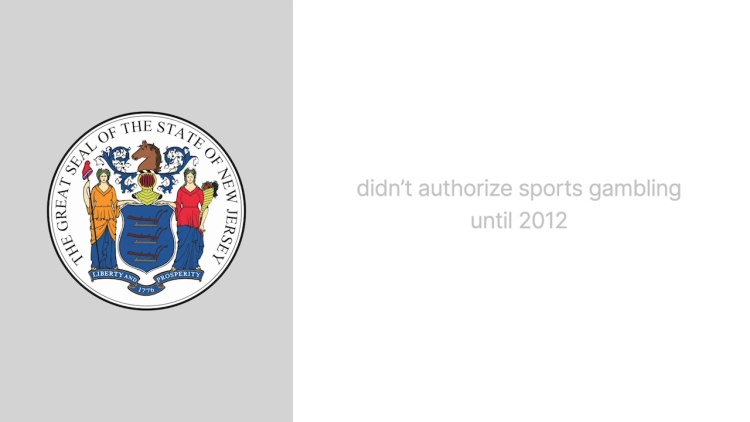Murphy v. National Collegiate Athletic Association
United States Supreme Court
138 S. Ct. 1461 (2018)
- Written by Angela Patrick, JD
Facts
In 1992, Congress passed the federal Professional and Amateur Sports Protection Act (PASPA). PASPA prohibited states from authorizing gambling on sports and prohibited private gambling on sports. PASPA did not make gambling a federal crime. Rather, PASPA’s only enforcement mechanism was for an attorney general or a sports league to sue for a civil injunction. In addition, PASPA had an exception allowing the four states that had already legalized sports gambling to continue and allowing the State of New Jersey (defendant) to legalize sports gambling within a year of the statute’s enactment. However, 20 years passed before New Jersey passed a law permitting sports gambling in 2012. The National Collegiate Athletic Association (NCAA) and three professional sports leagues (plaintiffs) sued the governor of New Jersey, Philip Murphy (defendant), to enjoin the law for violating PASPA. The district court ruled that the law violated PASPA and permanently enjoined New Jersey from going forward with it. The Third Circuit affirmed, and the United States Supreme Court denied certiorari. In 2014, New Jersey tried a new tactic, repealing the state’s existing legal prohibitions on sports gambling, New Jersey claimed that repealing an old law did not count as affirmatively authorizing sports gambling and, therefore, did not violate PASPA. The NCAA and leagues again sued, and the district court enjoined New Jersey’s attempts to repeal its existing prohibitions. The Third Circuit affirmed, en banc. This time, the United States Supreme Court granted certiorari.
Rule of Law
Issue
Holding and Reasoning (Alito, J.)
Concurrence (Thomas, J.)
Dissent (Ginsburg, J.)
What to do next…
Here's why 902,000 law students have relied on our case briefs:
- Written by law professors and practitioners, not other law students. 47,100 briefs, keyed to 994 casebooks. Top-notch customer support.
- The right amount of information, includes the facts, issues, rule of law, holding and reasoning, and any concurrences and dissents.
- Access in your classes, works on your mobile and tablet. Massive library of related video lessons and high quality multiple-choice questions.
- Easy to use, uniform format for every case brief. Written in plain English, not in legalese. Our briefs summarize and simplify; they don’t just repeat the court’s language.





